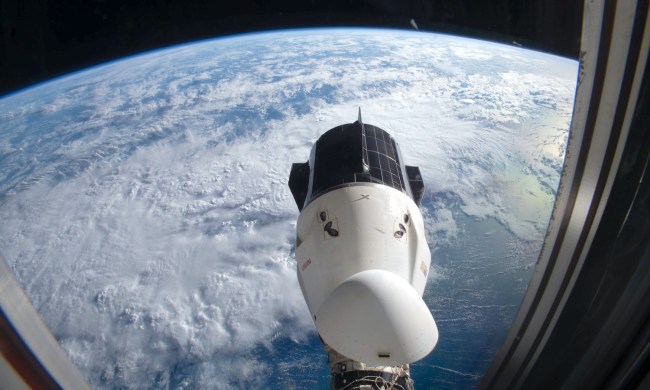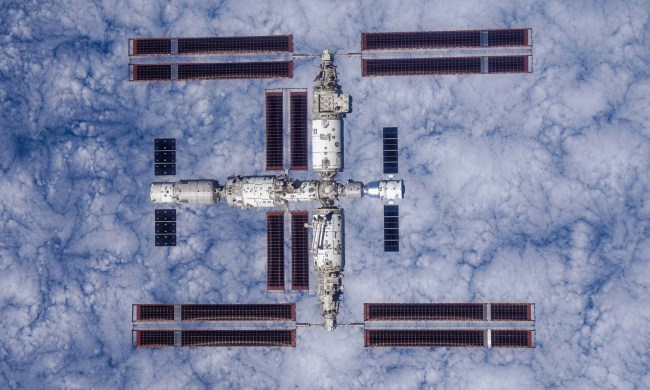The International Space Station (ISS) is set to be decommissioned in 2031, but that won’t be the end of U.S. astronauts living and working in low-Earth orbit (LEO).
That’s because NASA has tapped a bunch of private companies to build their own orbiting outposts, at least one of which should go into operation before the end of this decade.
One such effort — a collaboration between Voyager Space, Nanoracks, and Lockheed Martin — is turning to hotel giant Hilton to help it design and develop suites for crews staying aboard its station, called Starlab.
“Starlab will be more than just a destination, it will be an experience made infinitely more unique and artful with the Hilton team’s infusion of innovation, expertise, and global reach,” said Dylan Taylor, chairman and CEO of Denver-based Voyager Space. “Voyager and Hilton are acutely focused on creating innovative solutions for the future of humanity and this partnership opens new doors to what is possible for comfort-focused space exploration and habitation.”
Chris Nassetta, president and CEO of Hilton, commented, “For decades, discoveries in space have been positively impacting life on Earth, and now Hilton will have an opportunity to use this unique environment to improve the guest experience wherever people travel. This landmark collaboration underscores our deep commitment to spreading the light and warmth of hospitality and providing a friendly, reliable stay — whether on the ground or in outer space.” There’s no word yet on whether room service will be part of the package, but with Starlab likely to be orbiting Earth at an altitude of around 250 miles, somehow, we can’t see it happening.
NASA last year awarded $160 million to Voyager Space and its partners to build the Starlab. The facility will be able to host up to four astronauts at any one time and will contain a state-of-the-art laboratory system for space-based science experiments that will continue the work of the ISS. And with this new deal, the sleeping quarters should be pretty cozy, too.
NASA has also made hefty awards to other private companies for their own space stations in the hope that at least one of them will be in orbit before the ISS is decommissioned nine years from now. The other recipients are Jeff Bezos’ Blue Origin and Virginia-based Northrop Grumman.
The Commercial LEO Destinations program, under which the awards were made, involves NASA turning to private firms for assistance with future space stations, a move that the agency believes will bring it annual savings of more than $1 billion.


